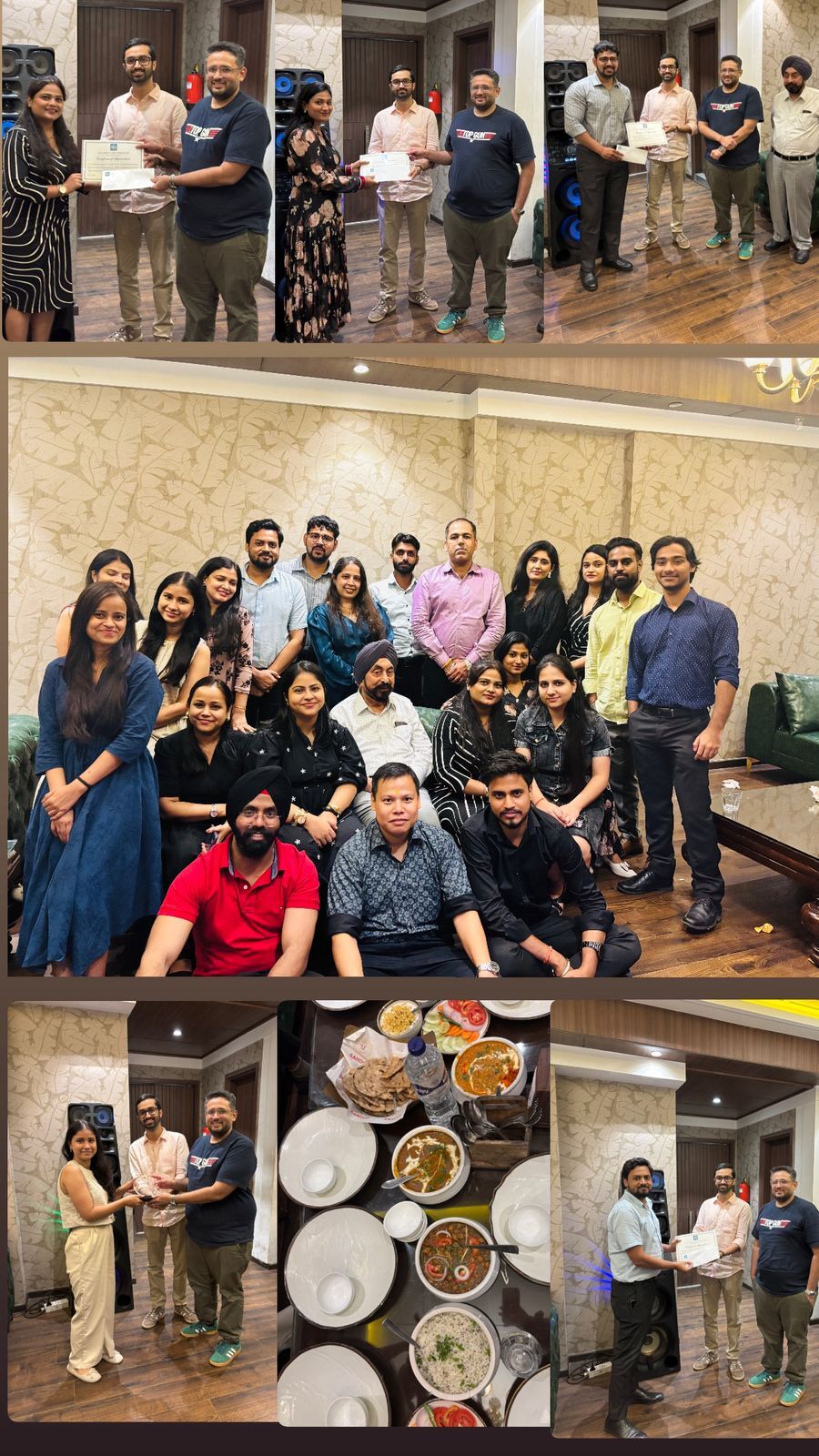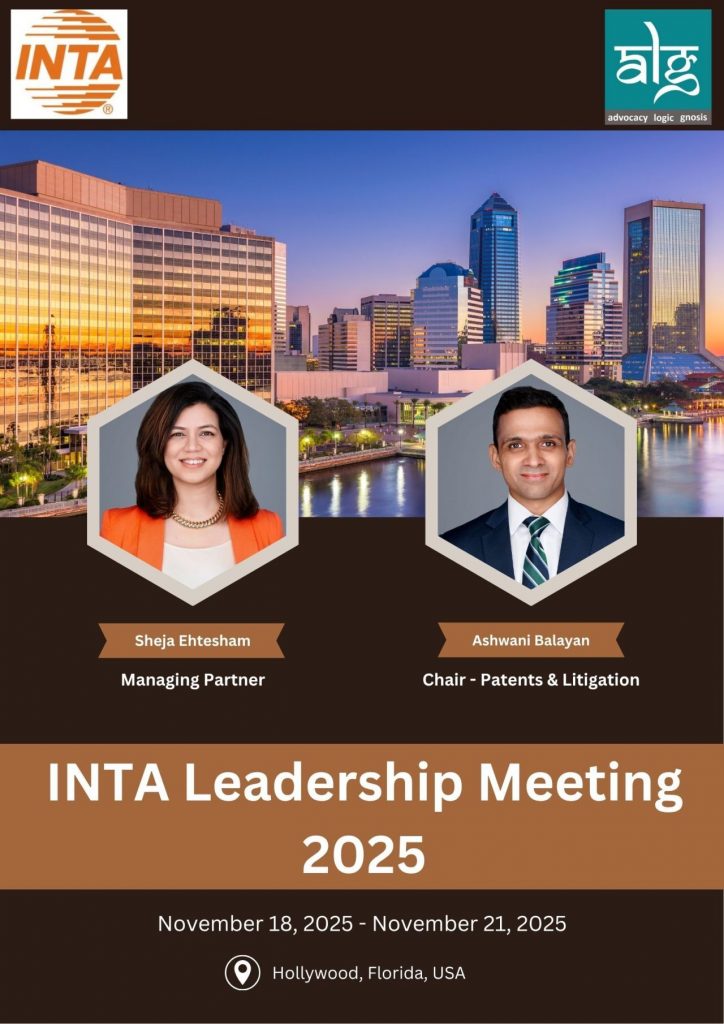Our administrators came together for a joyful and memorable Annual Lunch, filled with laughter, games, and a wonderful sense of togetherness beyond the everyday work routine.
At ALG, our administrators and paralegals form the backbone of our operations, the silent performers who ensure every process runs seamlessly behind the scenes and keeps ALG moving forward.
This year’s event celebrated team members’ achievements with various awards for their dedication and contribution to the firm.




